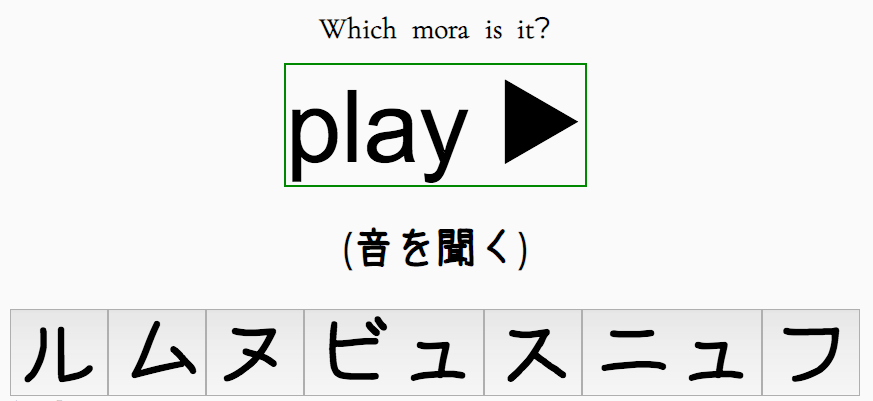Landscape of Japanese: 3 Mountains, 2 Clouds, 1 Sun. Discussion on the Landscape of Japanese and a link to our Essentials Guide: The Mental Model, is available below. We also introduced a year pre-pay plan where when you pre-pay for a year of access to the ultimate learning platform, interactive textbook, and ninja training grounds,Continue reading “Landscape of Japanese, 「Temple Visit」 Dialogue, Year Pre-Pay Plans”
Category Archives: Uncategorized
The Best Tool for Learning Japanese
Master Japanese with Japanese Complete, the best tool for assimilating everything from Hiragana, Katakana and the basics onward. Join us and begin your path to mastery.
More Japanese = More Brain
Learning a new language makes you smarter (in some specific ways). While these benefits are not exclusive to learning Japanese, because Japanese grammar is almost perfectly inverted to English grammar it’s likely that the benefits of second language acquisition are maximized. Resist the onset of dementia entirely [1] Solve whole classes of puzzles more swiftlyContinue reading “More Japanese = More Brain”
Audio Reading Tutor, New Story Arrives
We’ve added a new story to the Japanese Complete lessons library to help learners quickly assimilate spoken and written Japanese in tandem. You can listen along to the whole dialogue in one go, or click on each sentence to listen to how it sounds.
Introducing "How to Say"
How to say anything in Japanese. Japanese translation search engine with made-to-order results.
Katakana Listening Tool Available
Learn to read the Katakana with Japanese Complete listening tools. We’re rolling out excellent new applications to help you master Japanese swiftly.
Audio Reading Tutor
Audio Reading Tutor for Japanese Complete is released. It’s like Karaoke for Reading Japanese
Hiragana Listening Challenge
Subscribers to Japanese Complete can now play with the infinite Hiragana Listening Challenge and Identification Quiz. A nice bonus for this quiz is that each of the wrong answers will also create the sound, much like a “pull-and-say” toy. The cow goes む。 We’ve decided to provide this excellent Hiragana learning tool for free! YouContinue reading “Hiragana Listening Challenge”
Japanese Grammar in EBNF notation
We create a 5-rule parser to efficiently and accurately parse affirmative present tense sentences in Japanese. With just 5 rules you can understand Japanese grammar deeply.
The Four Types of Kanji
象形・指事・会意・形声 Kanji, ideograms that constitute a bulk of the Japanese written language, come in four rough types. Pictographs, Indicators, Combographs, and Meaning-and-Sound Borrowers. The first type is pictographs which stand in for the actual thing they represent. Some researchers claim fewer than 4% are actually pictographs. 1 象形文字 しょうけいもじ 人 biped (human)女 woman手 hand田 ricefield子Continue reading “The Four Types of Kanji”







